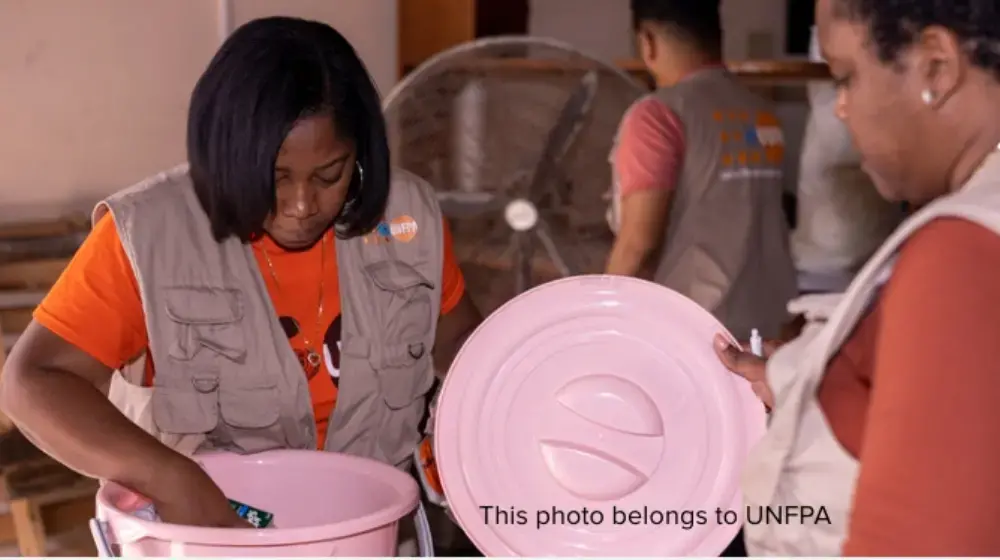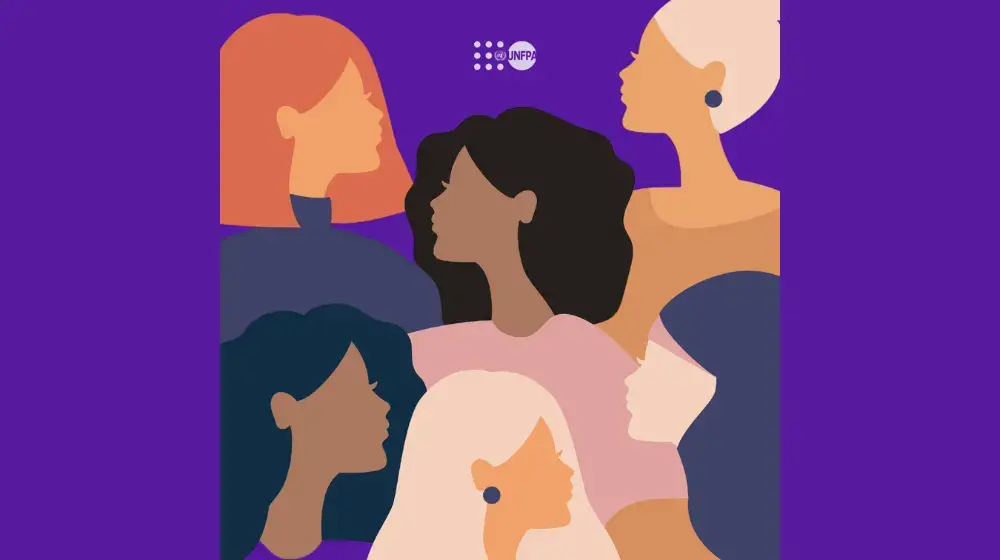As we navigate the complexities of the digital age, it is essential to recognize that the internet, while a tool for connection and empowerment, can also serve as a breeding ground for new forms of violence. In the Caribbean, the rise of technology-facilitated gender-based violence (TF GBV) poses a significant threat, particularly to women and girls. As we embark on the 16 Days of Activism campaign, it’s crucial to shed light on this pressing issue.
The Culture of Impunity
In many Caribbean islands, TF GBV often goes unpunished, fostering a pervasive culture of impunity. Victims frequently encounter harassment, cyberstalking, and the non-consensual sharing of intimate images. These actions inflict immediate harm and they carry long-term psychological consequences that can devastate lives. Unfortunately, the existing legal frameworks often fail to address the unique aspects of TF GBV. While some general laws may exist, the specific nature of online violence tends to slip through the cracks, leaving survivors vulnerable and unsupported.
Using A Human Rights and Survivor-Centered Approach
To effectively combat TF GBV, we must shift our focus from merely reacting to incidents to proactively addressing the root causes of this violence. A human rights and survivor-centered approach is paramount. Here’s how we can make a difference:
Education and Awareness
Raising awareness about TF GBV is crucial. Educational campaigns should target all demographics, emphasizing respect and empathy in online interactions. By fostering understanding of what constitutes TF GBV, we can empower individuals to act as allies and advocates for change.
Creating Legal Frameworks
There is an urgent need for Caribbean nations to develop and enforce laws that specifically address TF GBV. These laws should not only protect victims but also hold perpetrators accountable for their actions. Comprehensive legal protections are essential for creating a safer online environment.
The Role of Support Systems
Establishing robust support systems for survivors is vital. This includes access to legal aid, counseling, and safe spaces where survivors can find the help they need. These services should be readily available and sensitive to the unique experiences of those affected by TF GBV.
A Call to Action
We all have a role to play in combating TF GBV. Here are some ways you can help:
- Learn about TF GBV and share this knowledge within your community. Awareness is the first step towards change.
- If someone confides in you about their experience with TF GBV, listen empathetically and offer your support. Help them access the resources they need to heal.
- Reach out to your local representatives and demand stronger laws and policies against TF GBV. Public pressure can be a powerful catalyst for political action.
- Many organizations are working tirelessly to combat TF GBV. Contribute by volunteering, donating, or simply spreading the word about their efforts.
Conclusion
The fight against TF GBV is not just a legal battle; it is a struggle for human rights, dignity, and equality. By adopting a comprehensive, survivor-centered approach and addressing the root causes of GBV, we can work towards creating a safer, more respectful online world for everyone.
As we stand together during these 16 Days of Activism, let’s commit to building a culture of respect and accountability. Together, we can combat TF GBV and pave the way for a future where everyone can navigate the digital landscape without fear.





